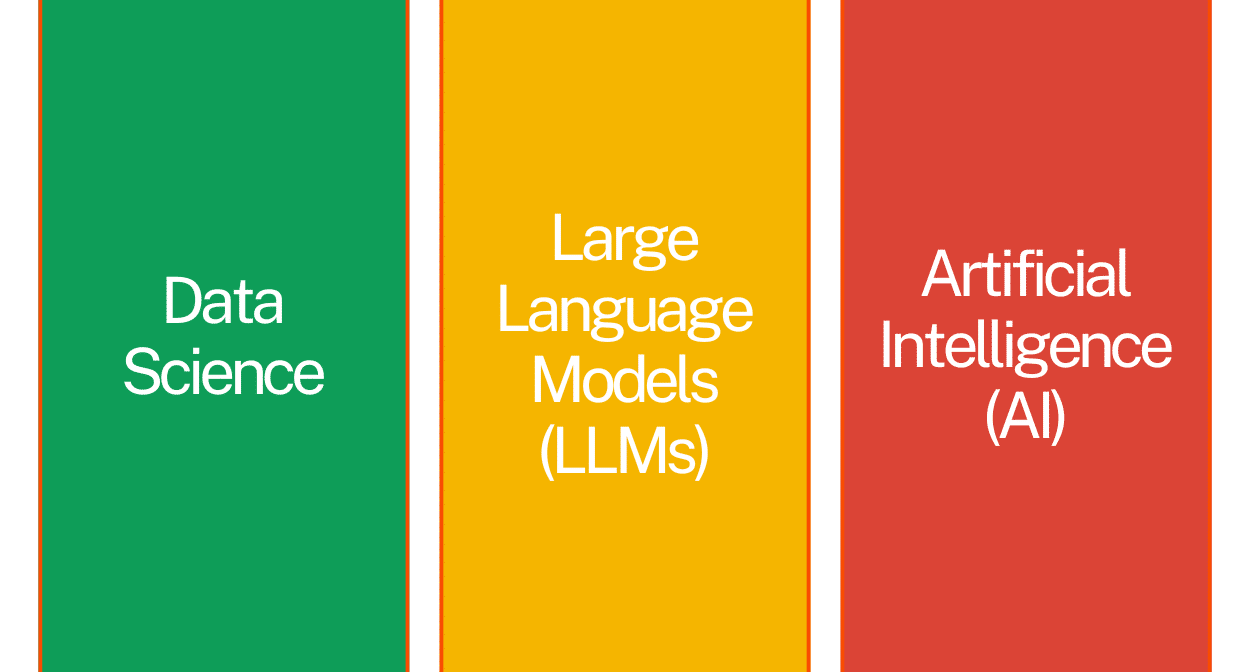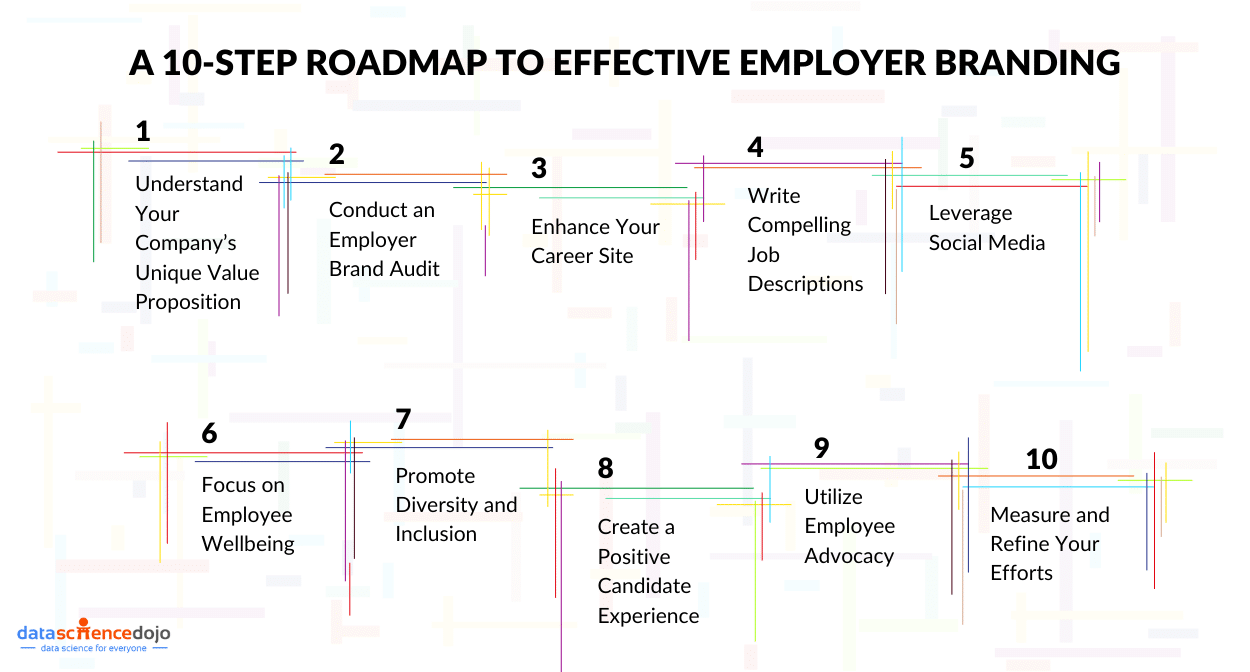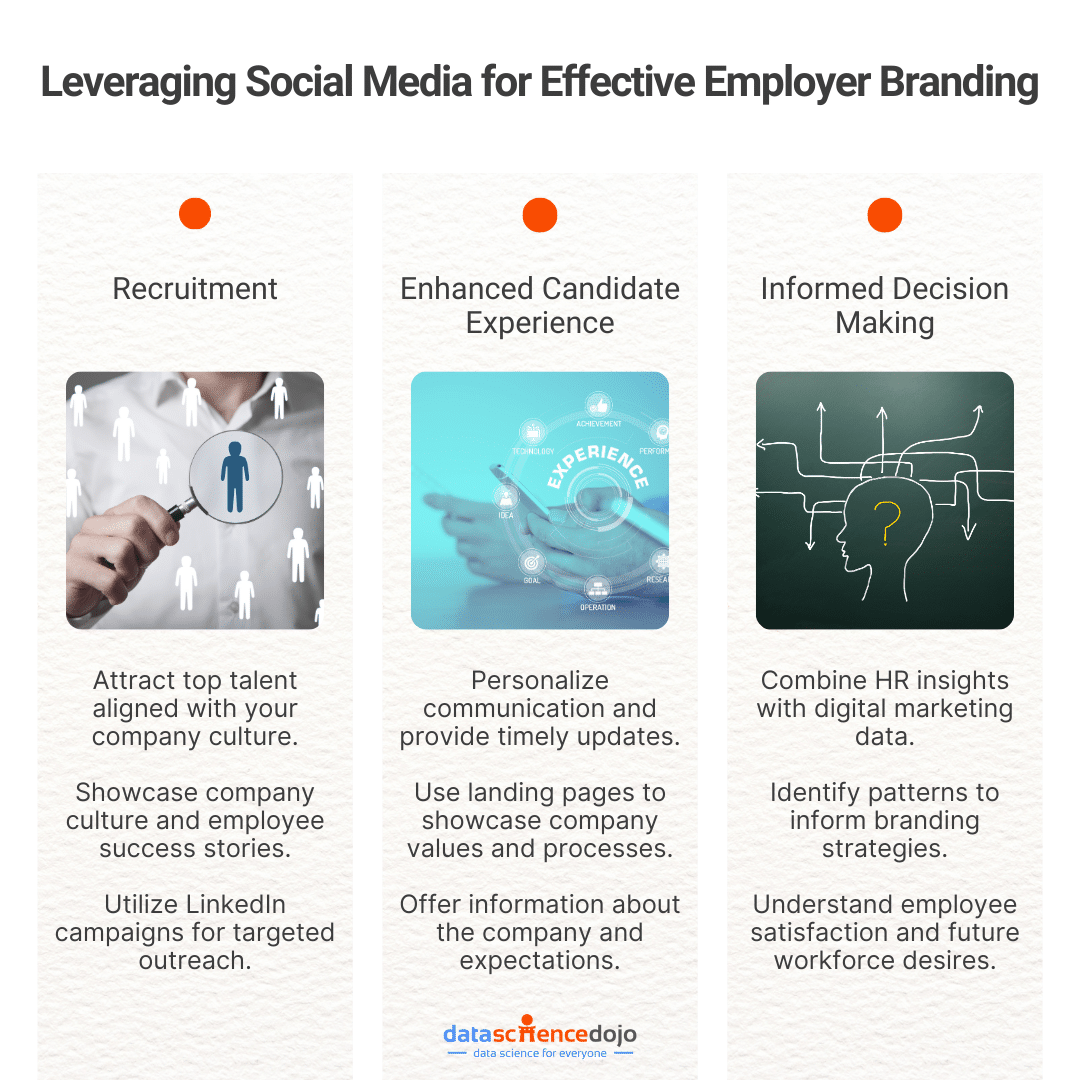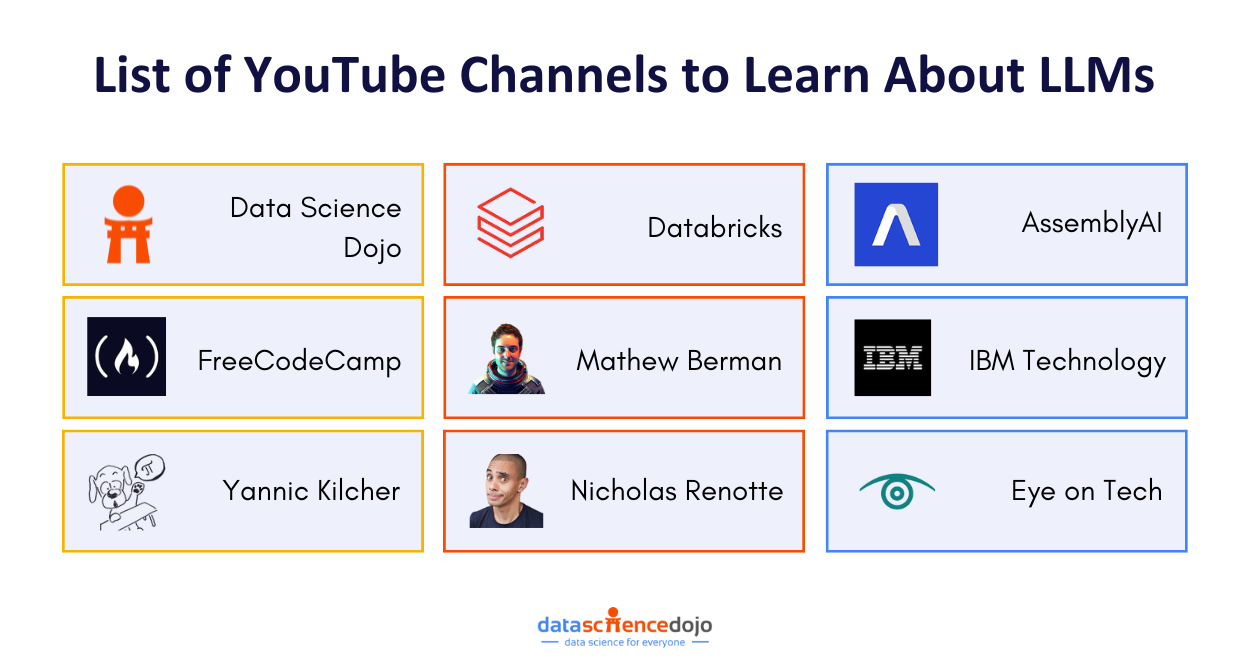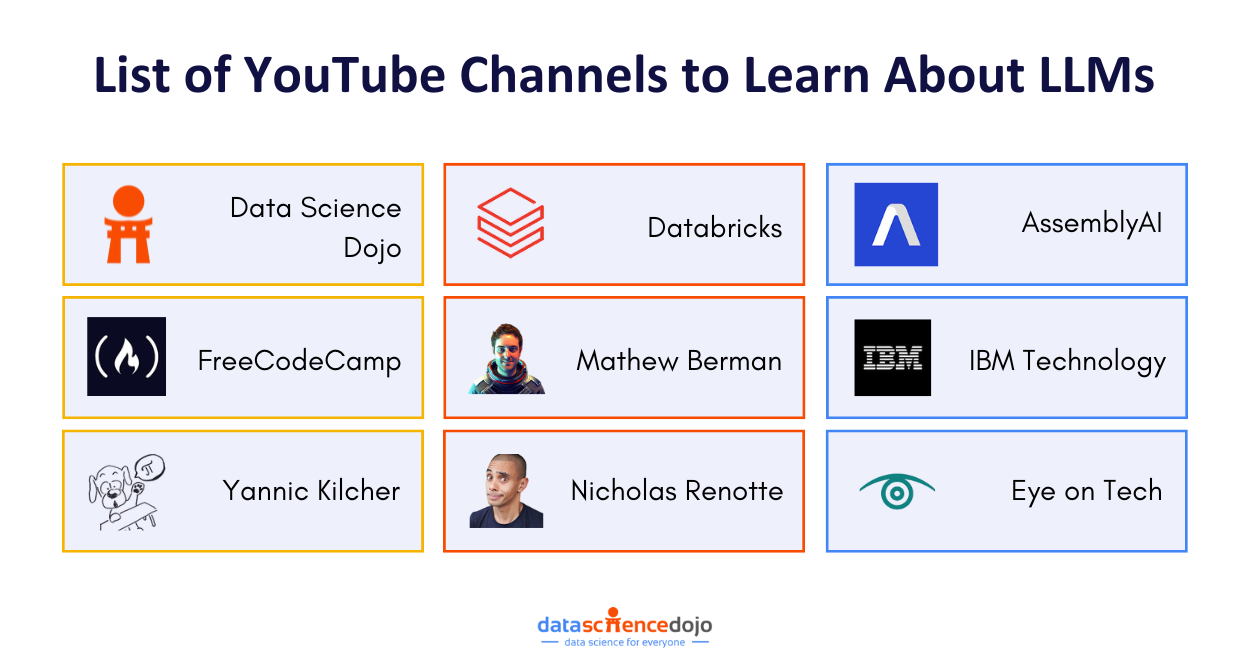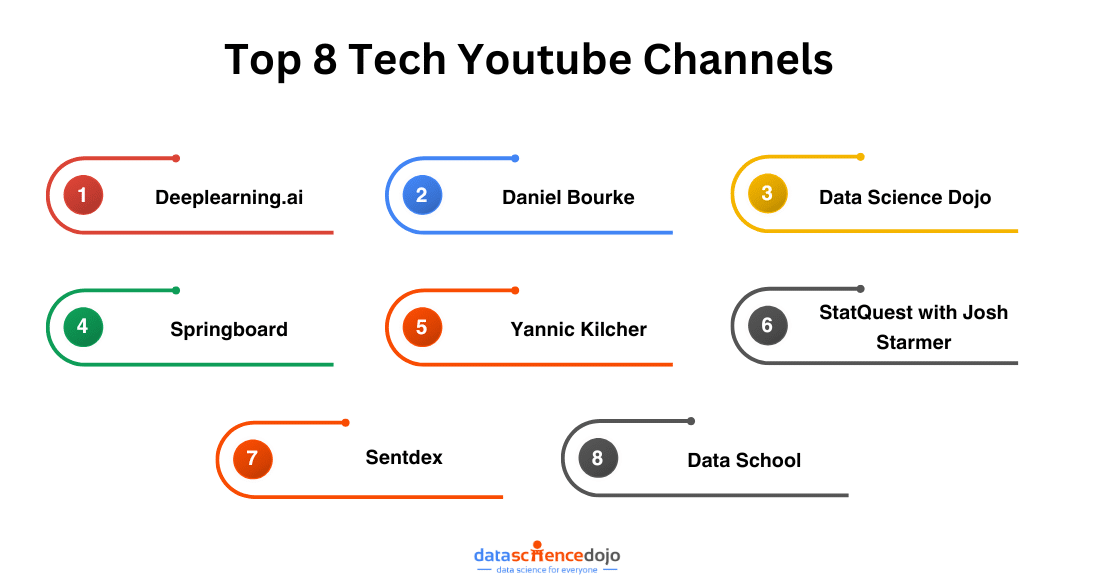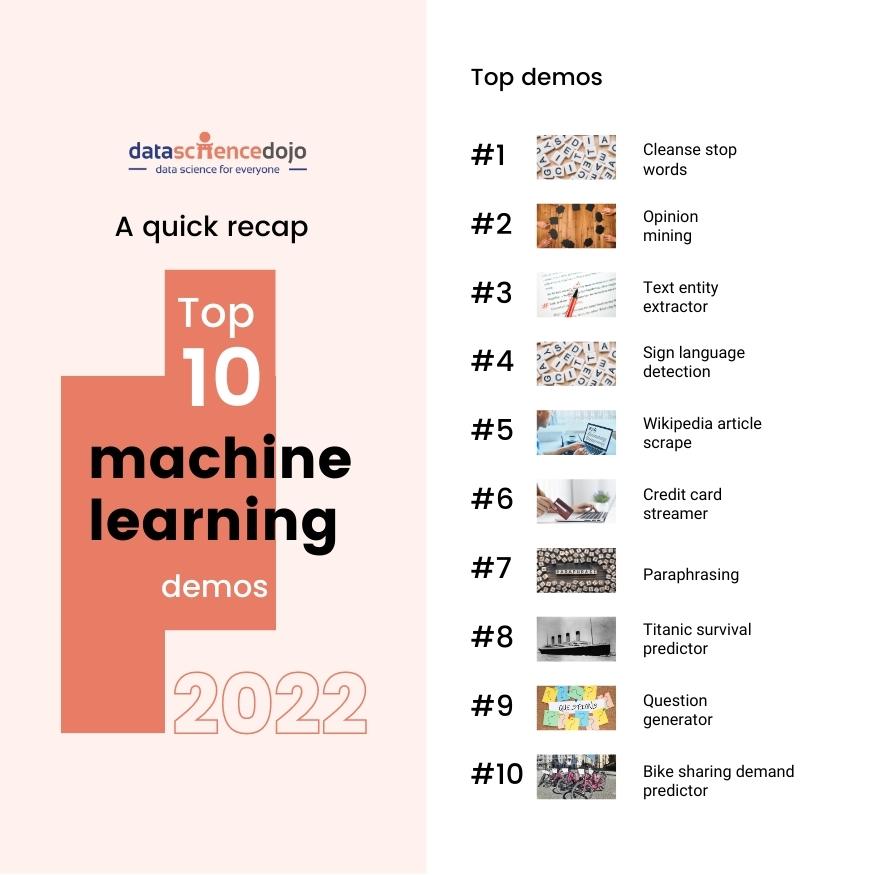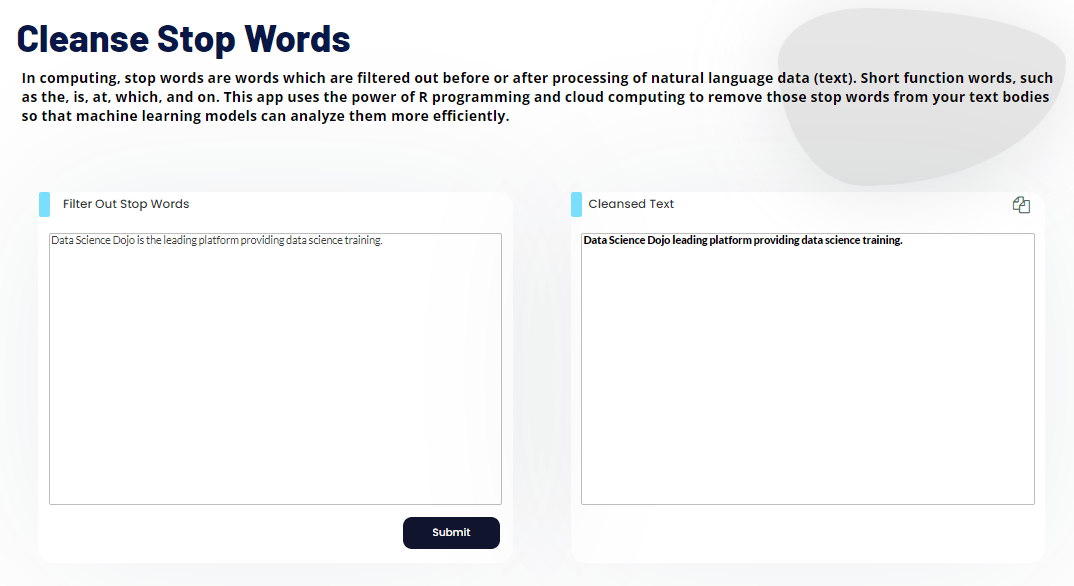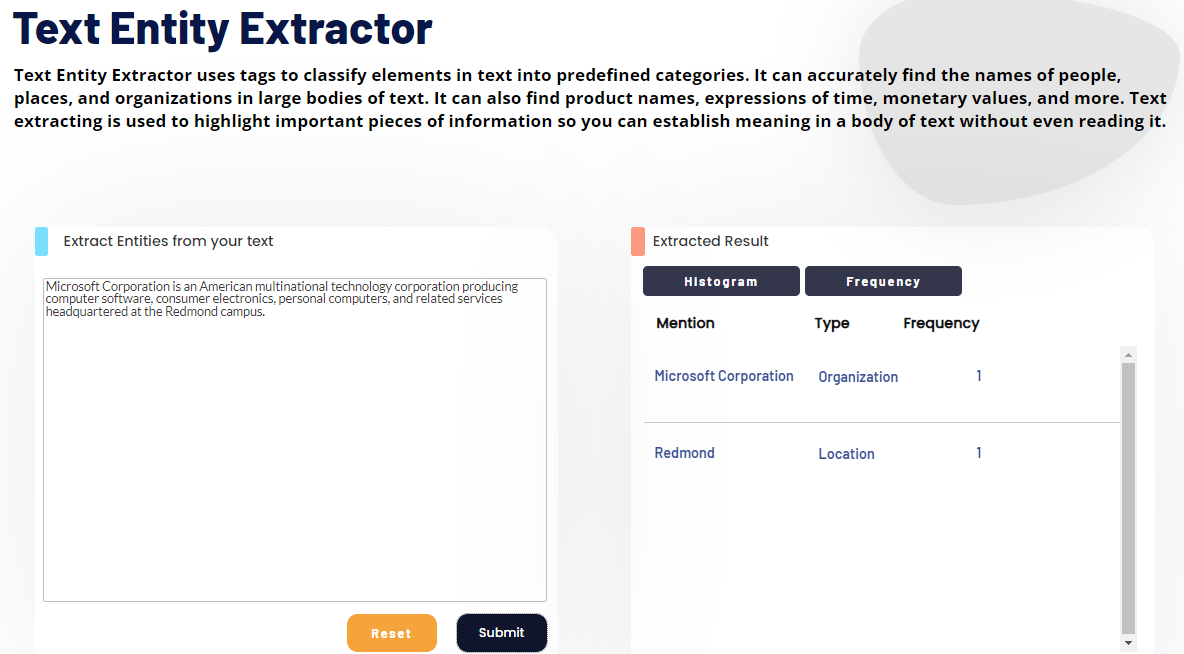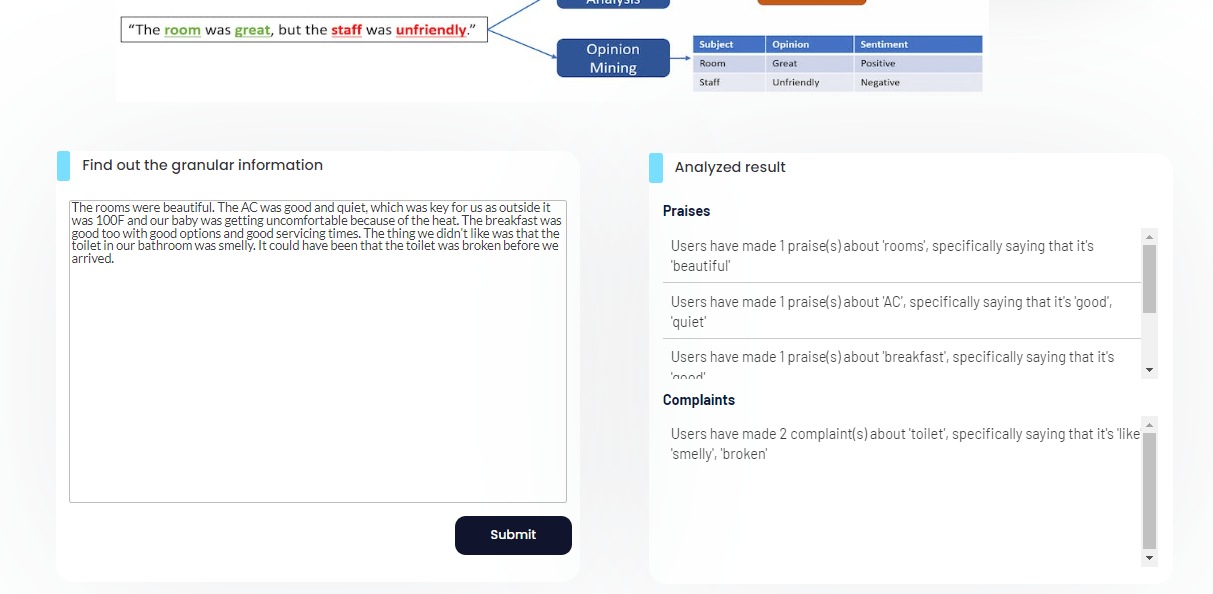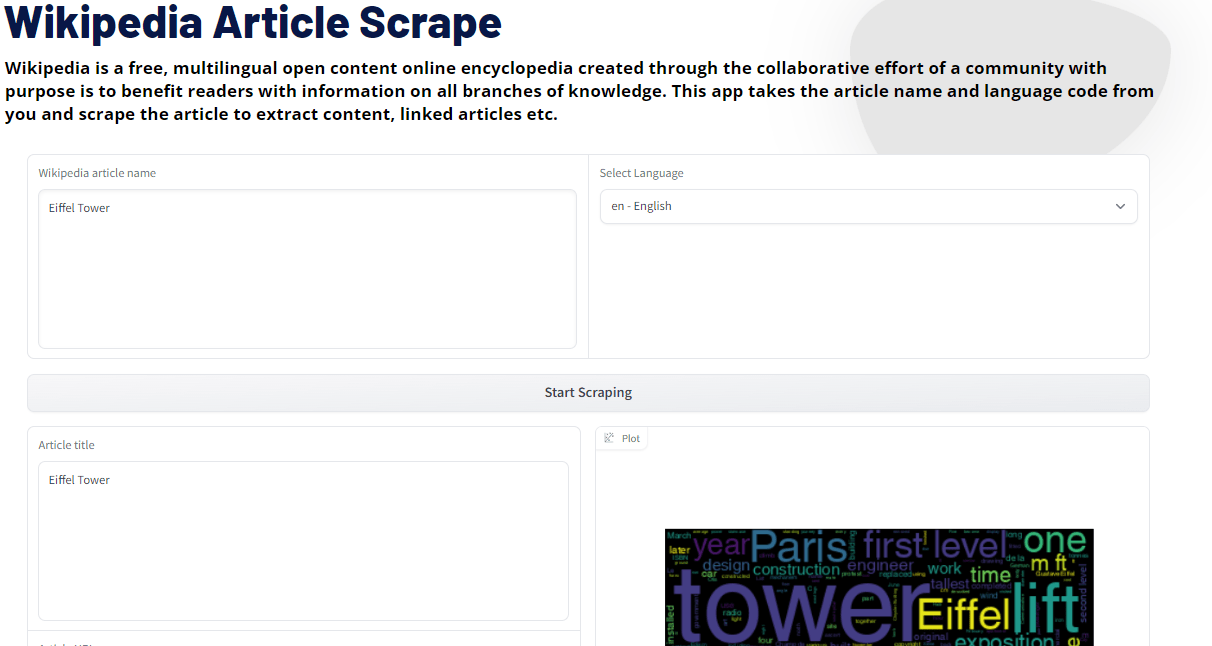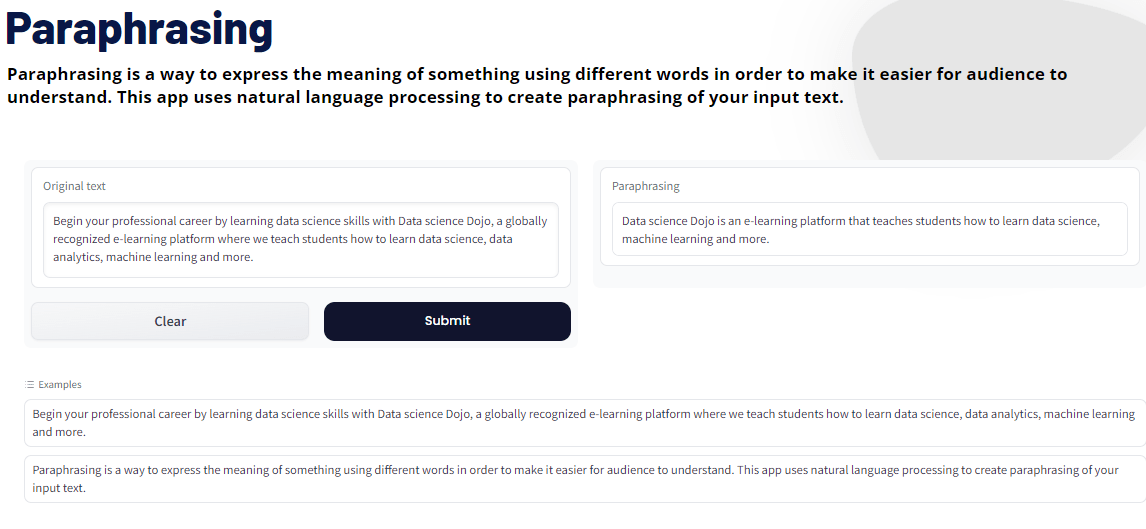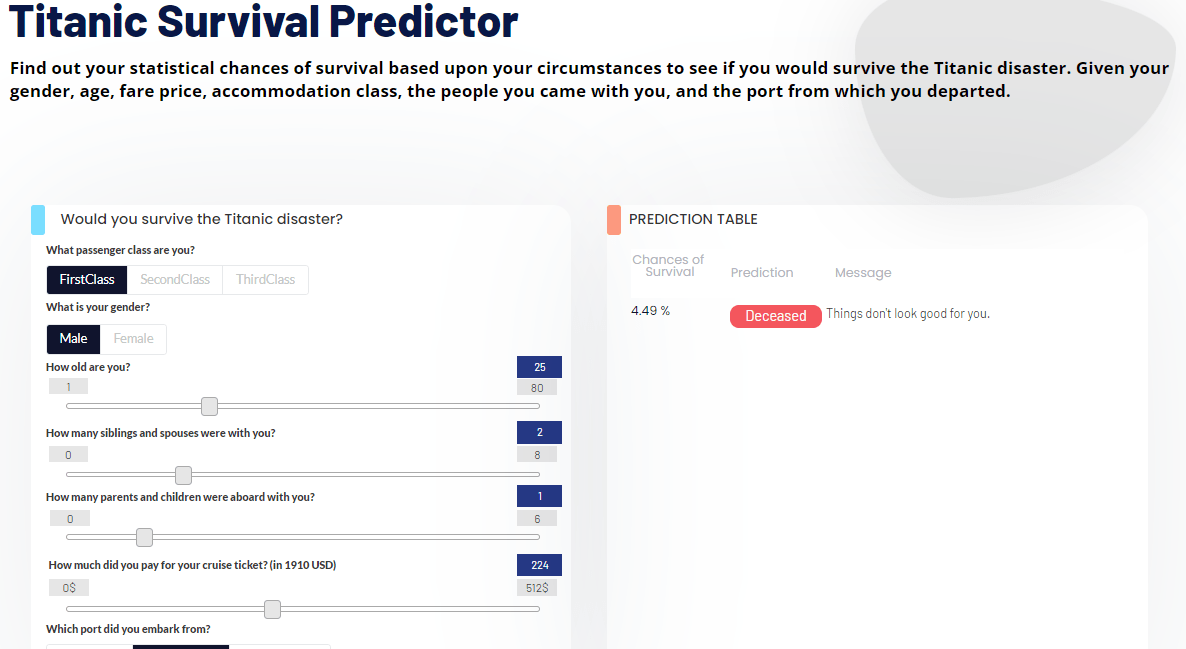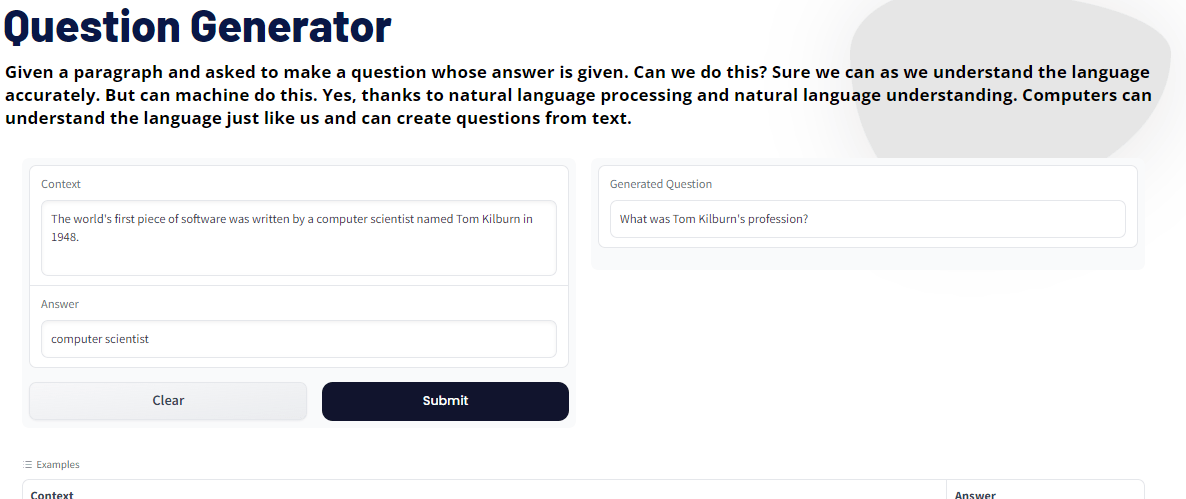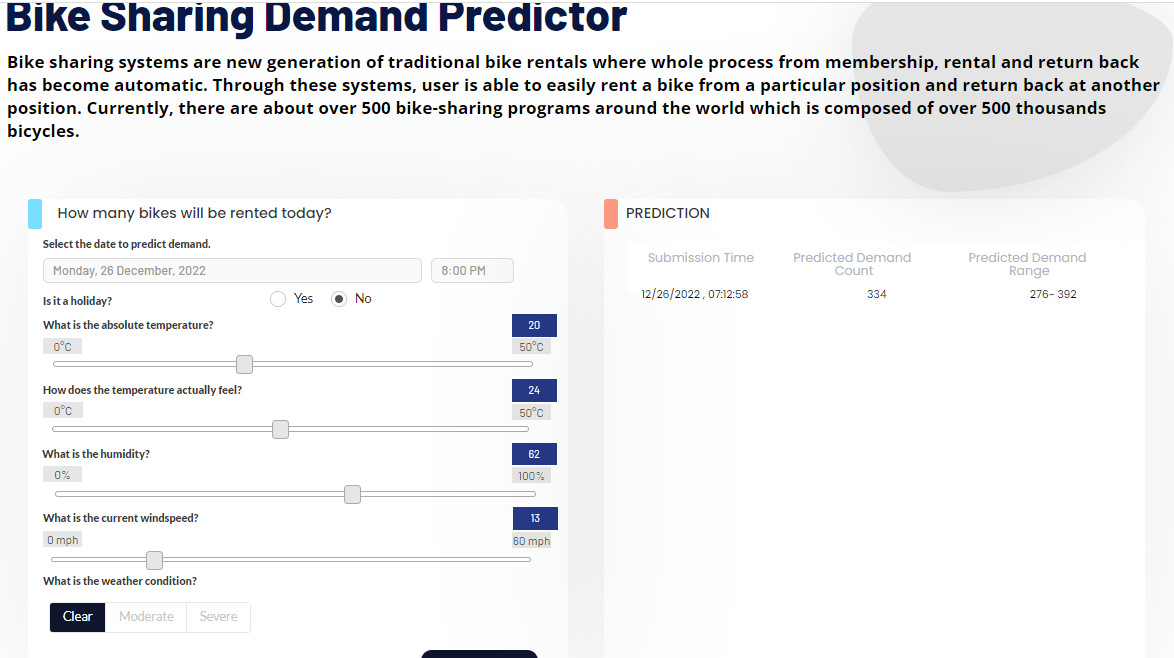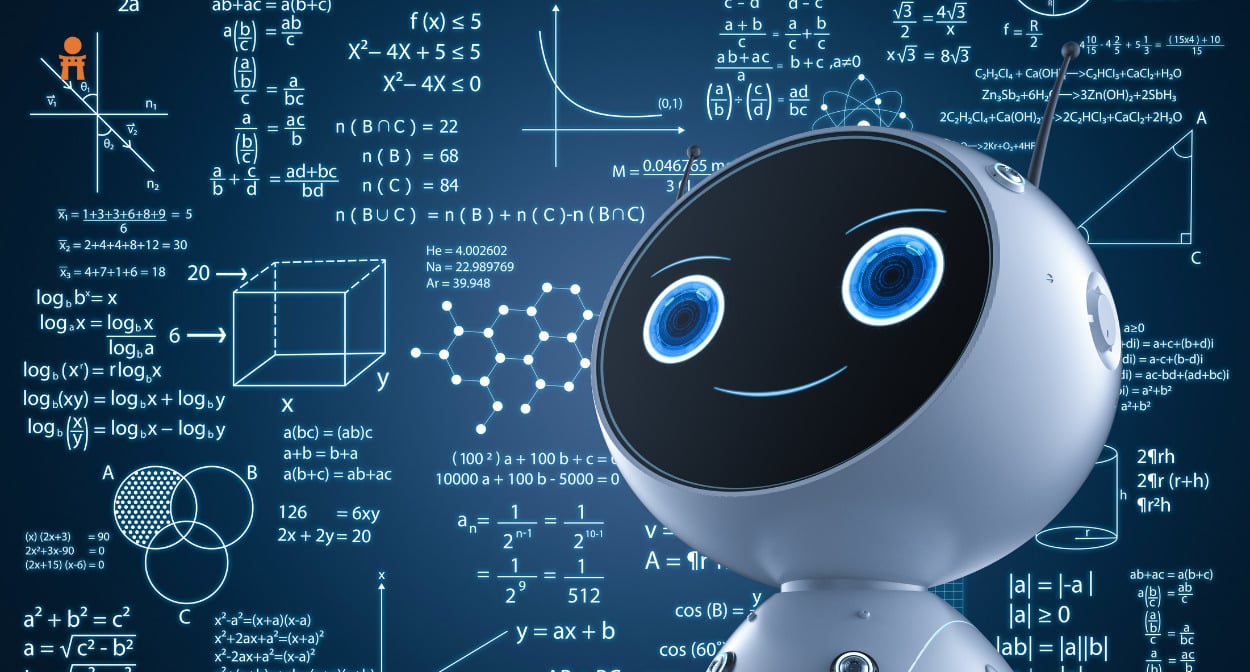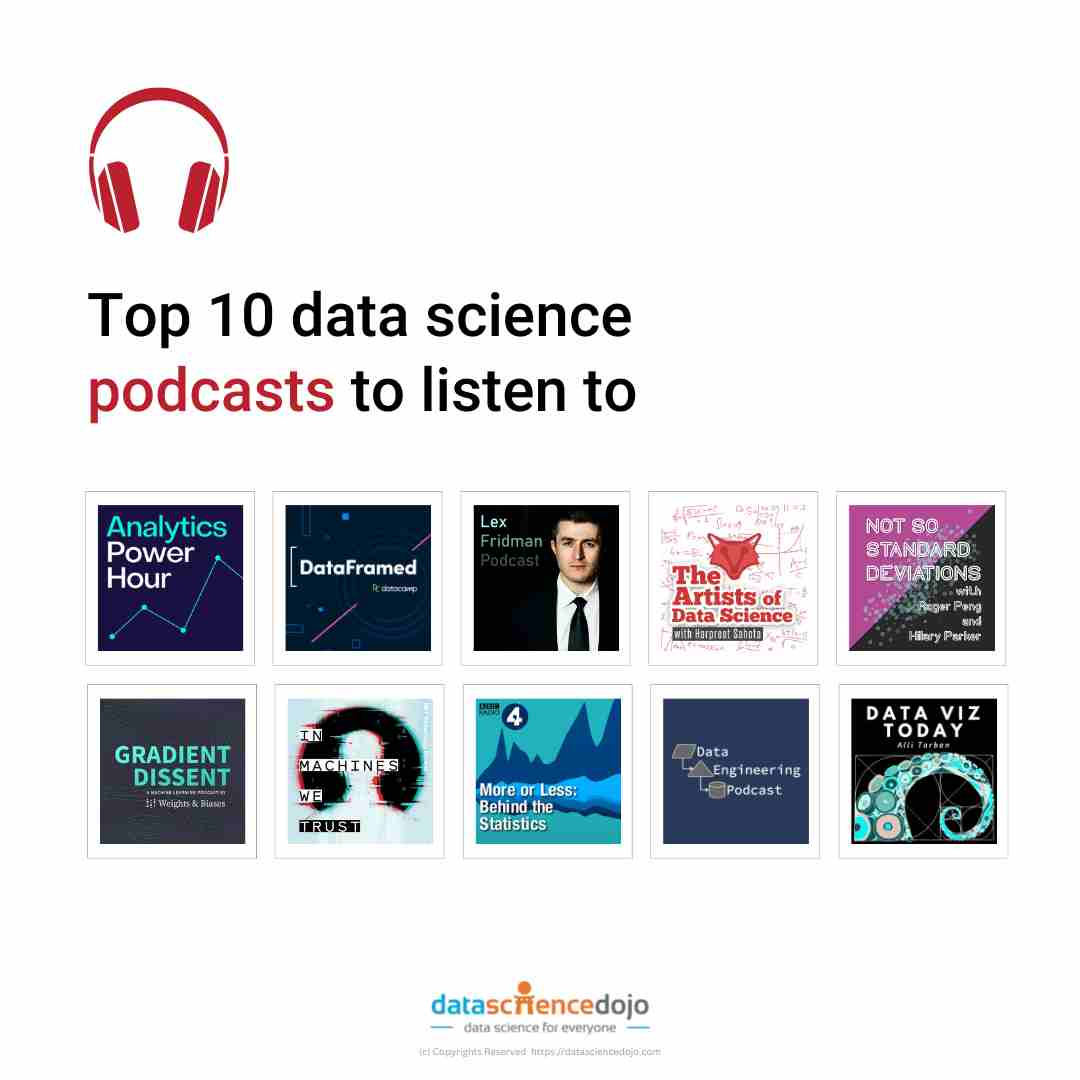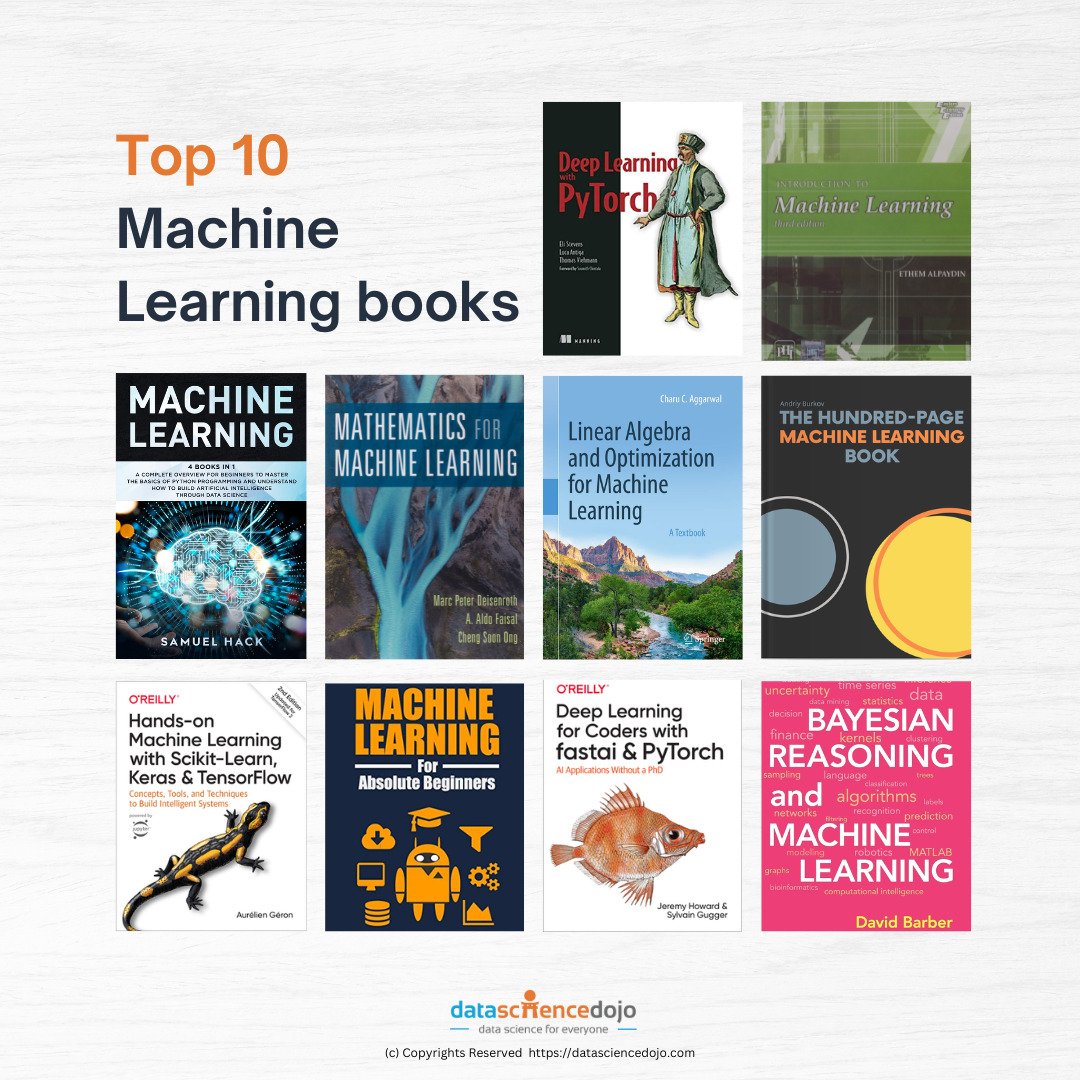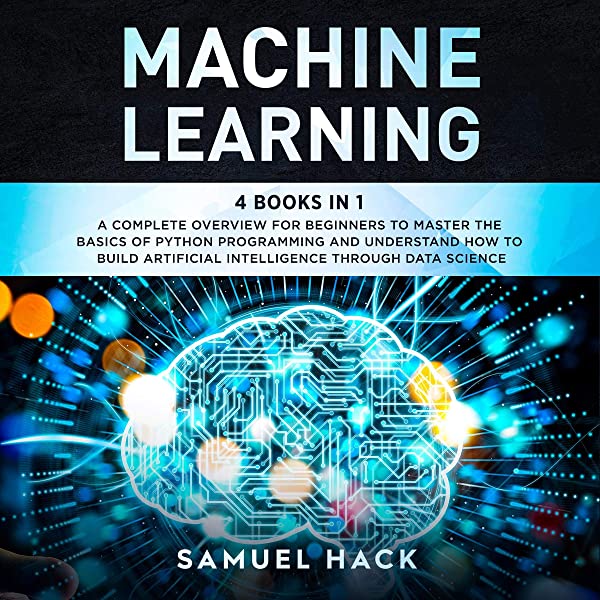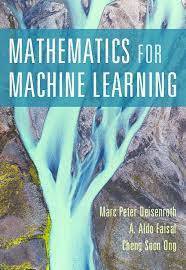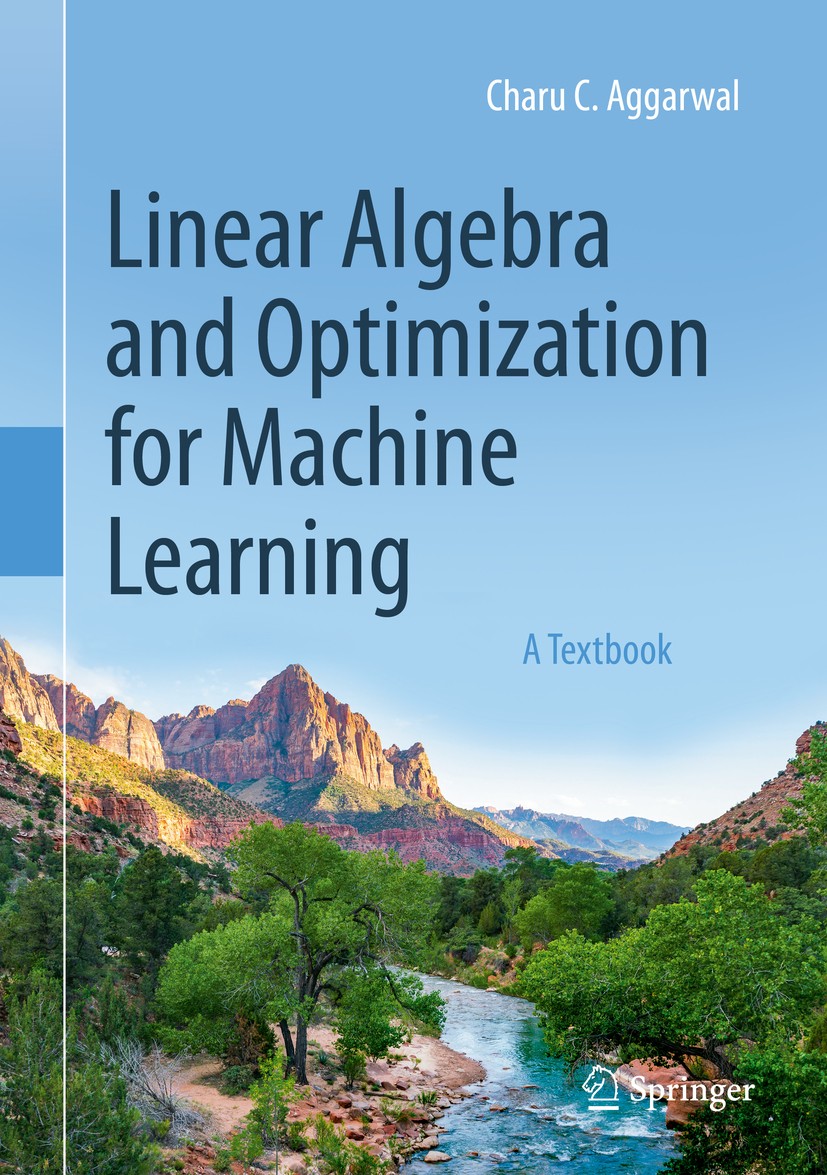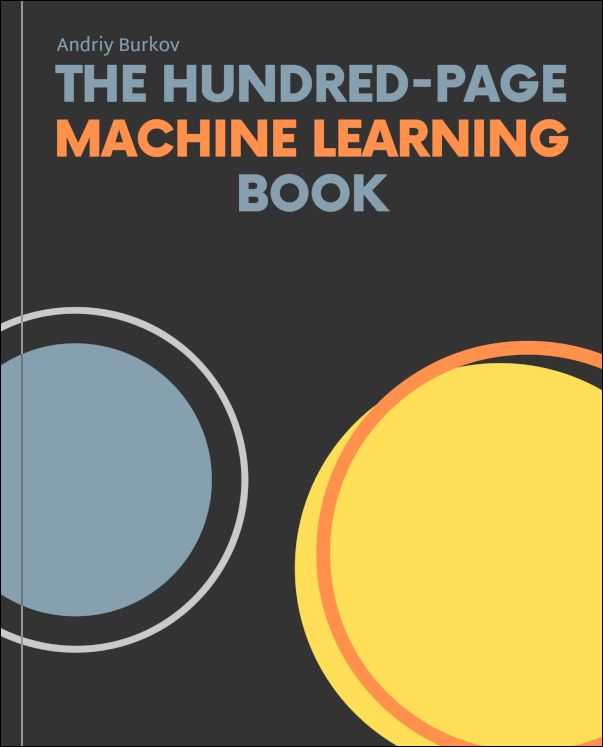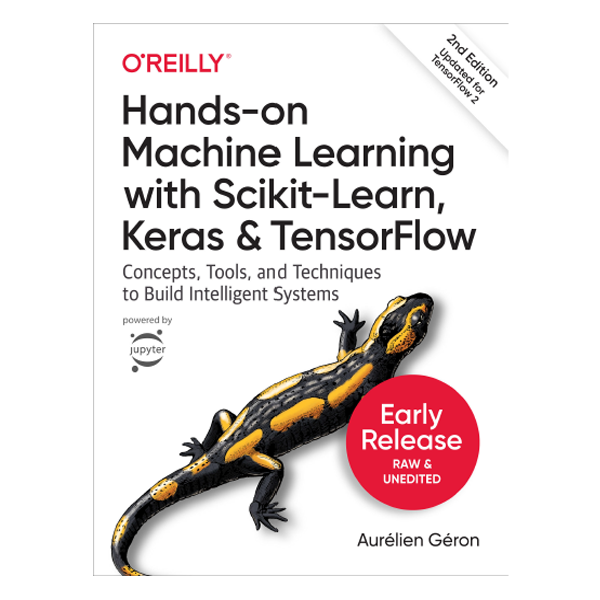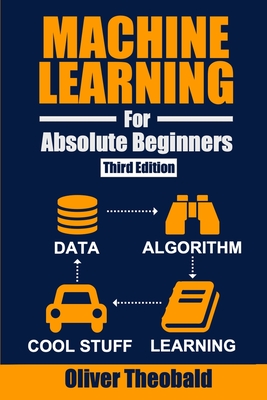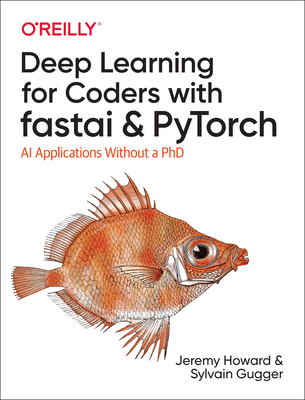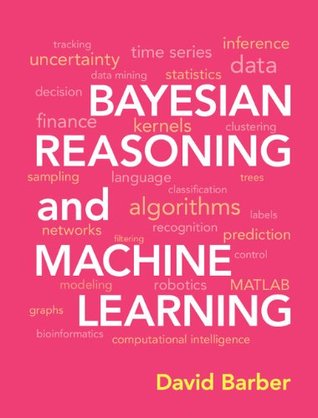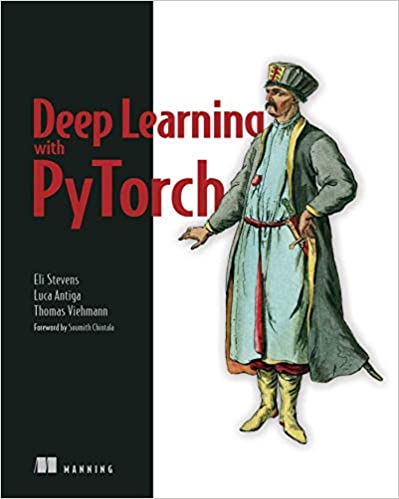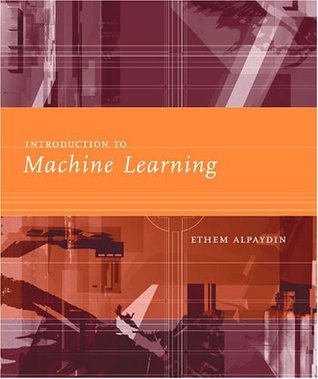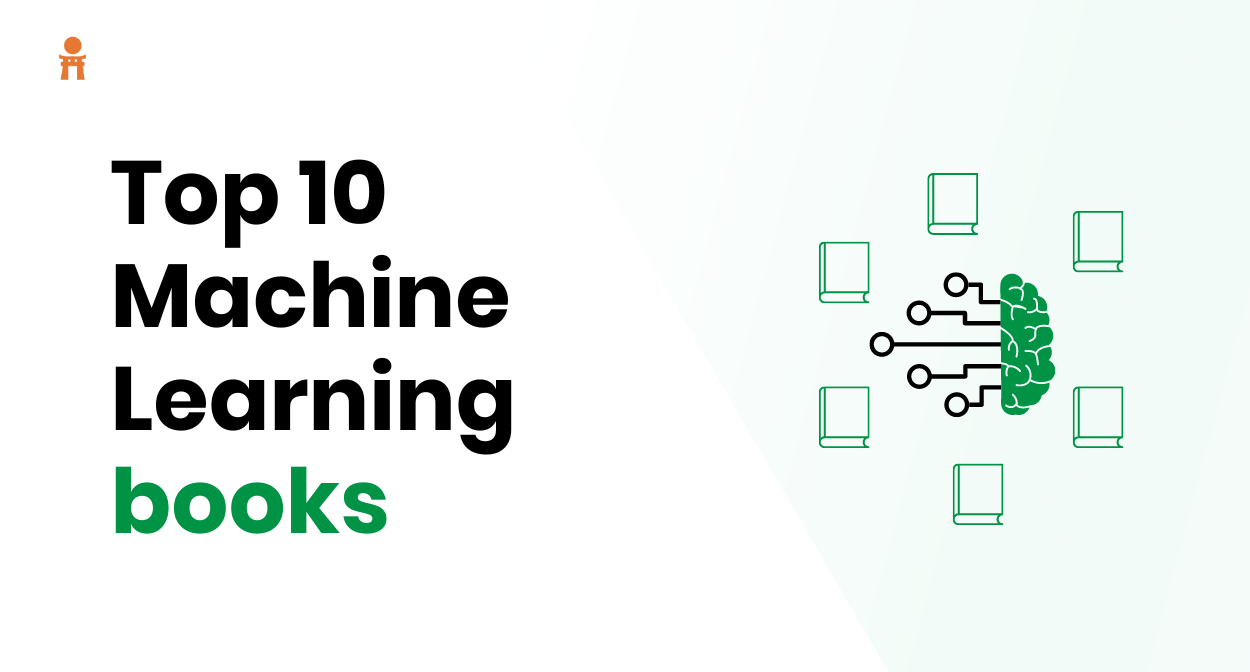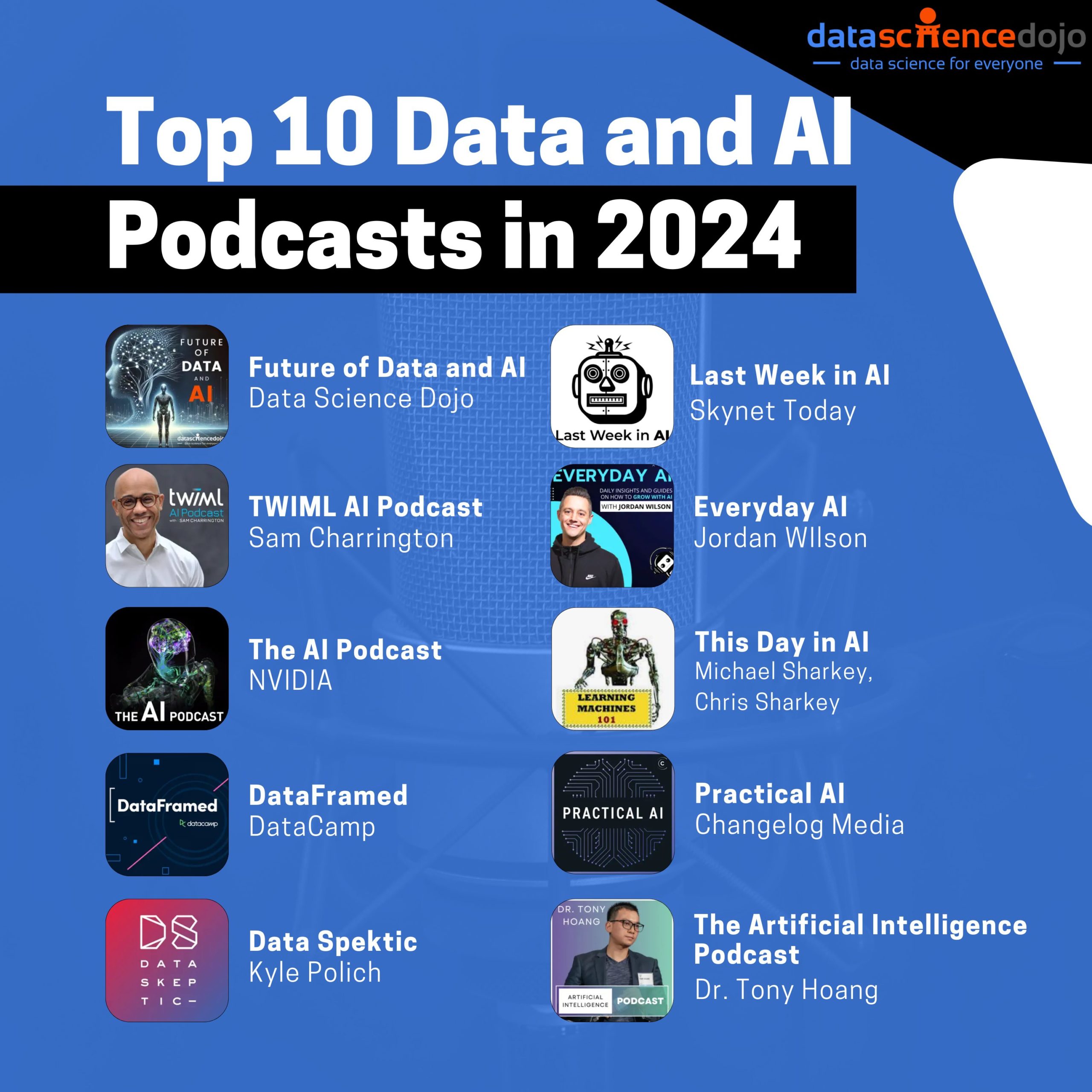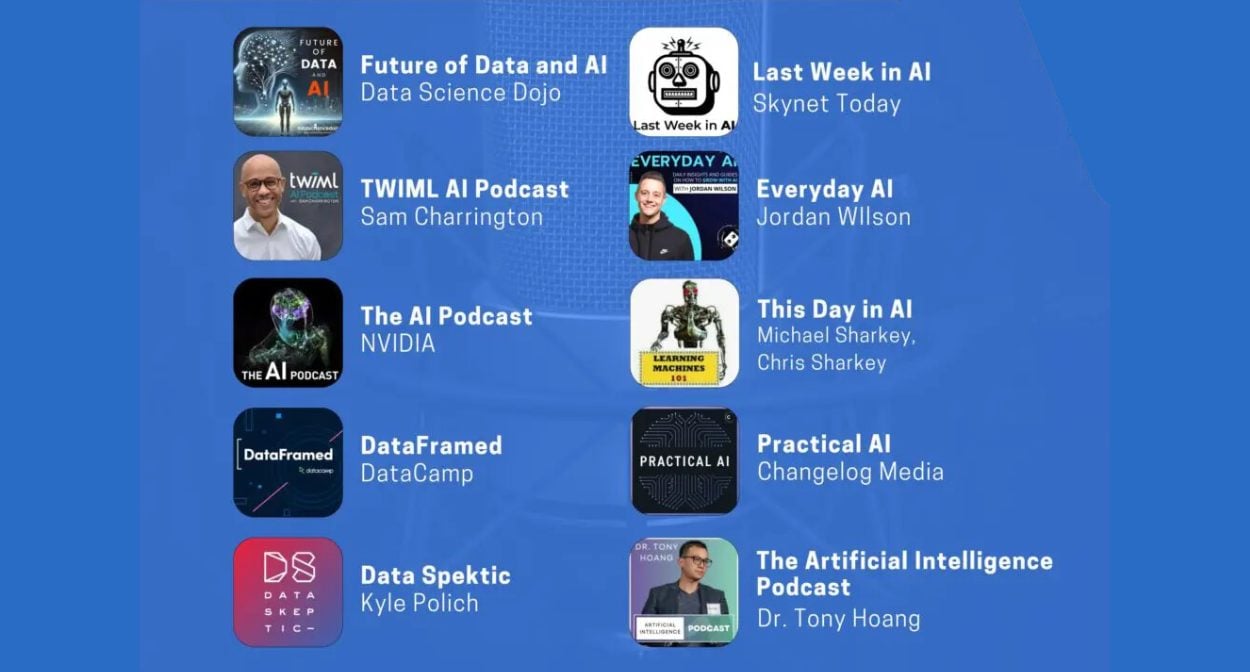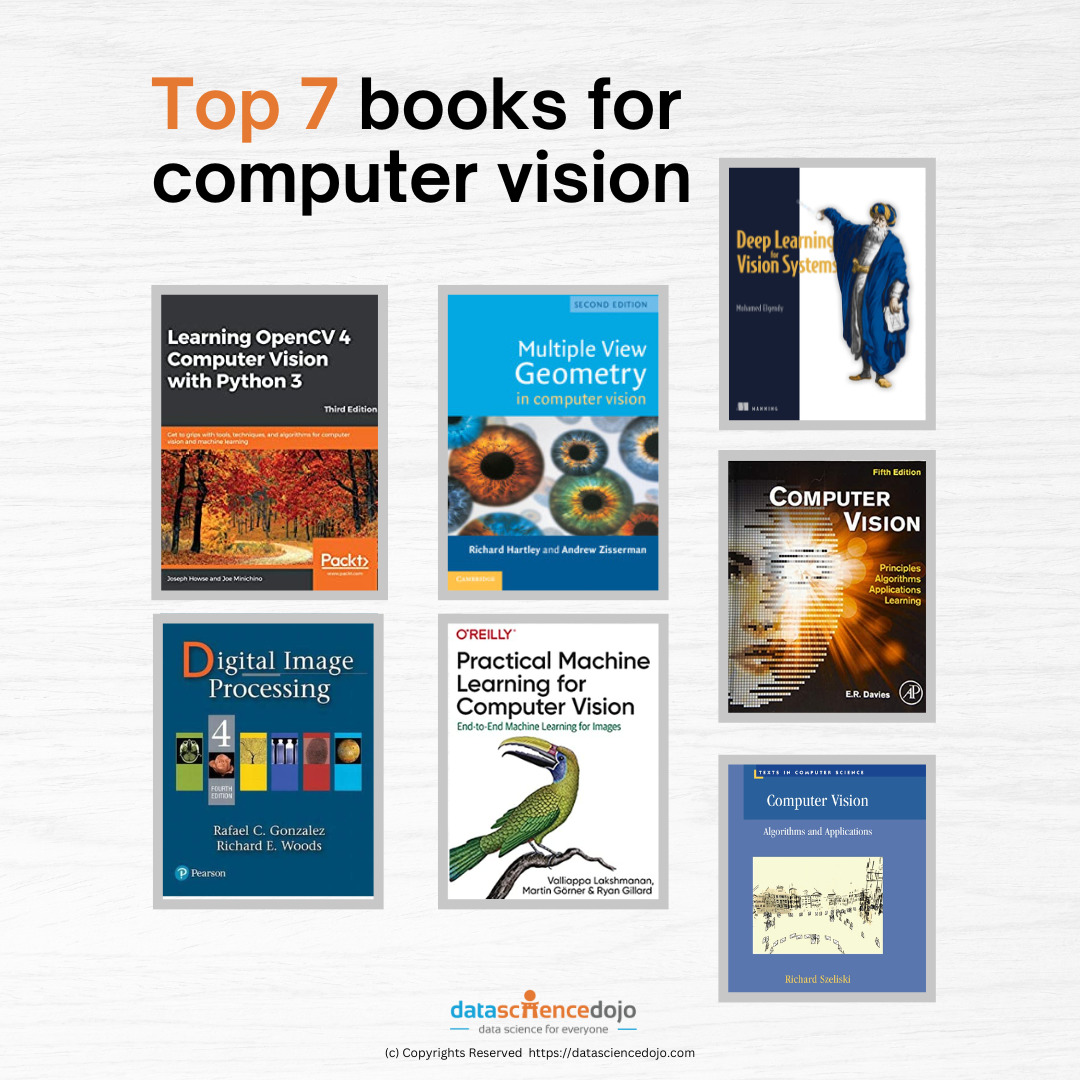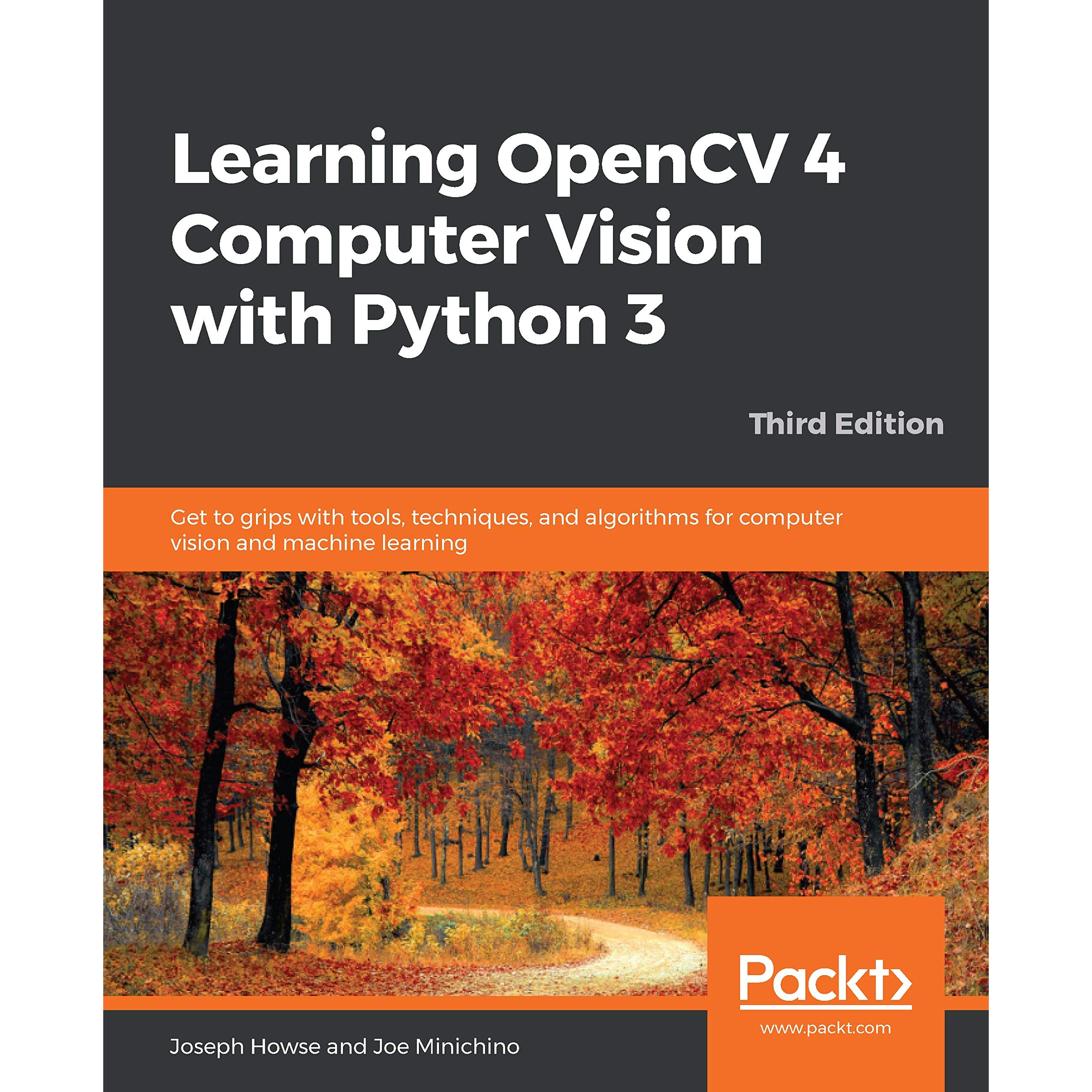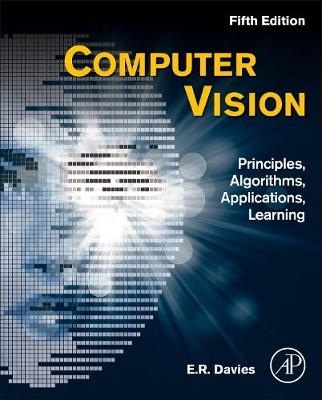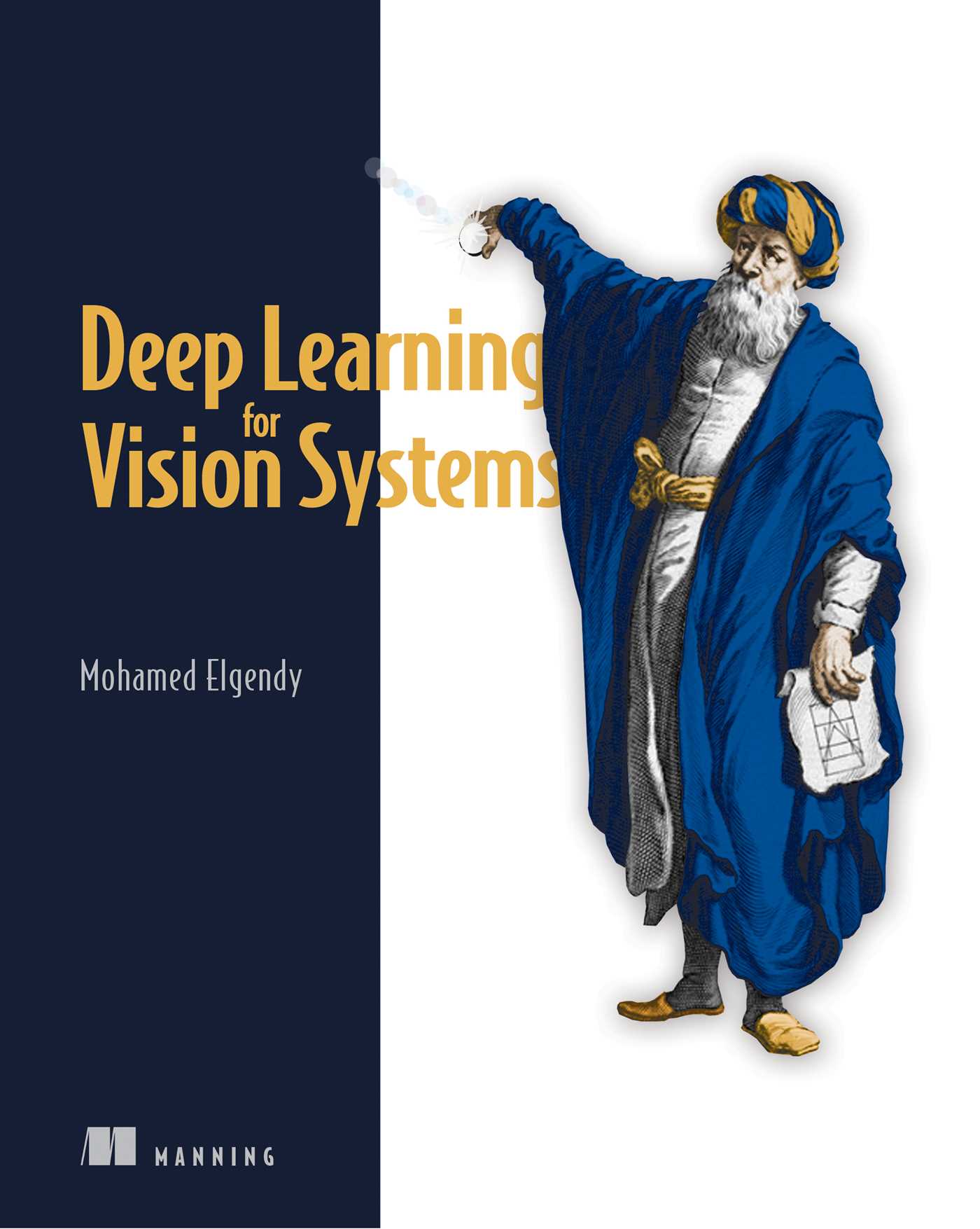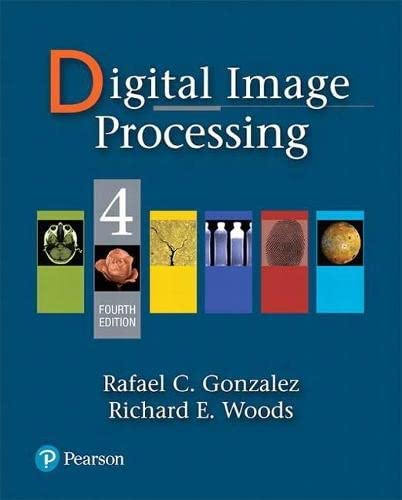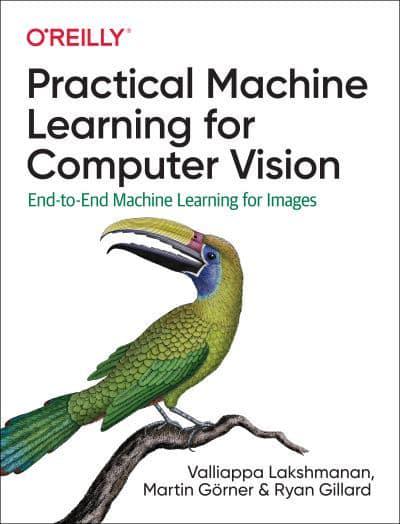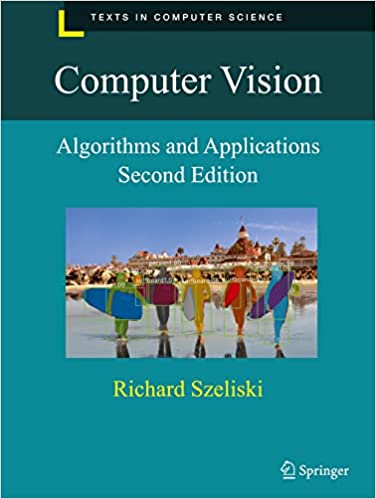The fields of Data Science, Artificial Intelligence (AI), and Large Language Models (LLMs) continue to evolve at an unprecedented pace. To keep up with these rapid developments, it’s crucial to stay informed through reliable and insightful sources.
In this blog, we will explore the top 7 LLM, data science, and AI blogs of 2024 that have been instrumental in disseminating detailed and updated information in these dynamic fields.
These blogs stand out as they make deep, complex topics easy to understand for a broader audience. Whether you’re an expert, a curious learner, or just love data science and AI, there’s something here for you to learn about the fundamental concepts. They cover everything from the basics like embeddings and vector databases to the newest breakthroughs in tools.
Join us as we delve into each of these top blogs, uncovering how they help us stay at the forefront of learning and innovation in these ever-changing industries.
Understanding Statistical Distributions through Examples
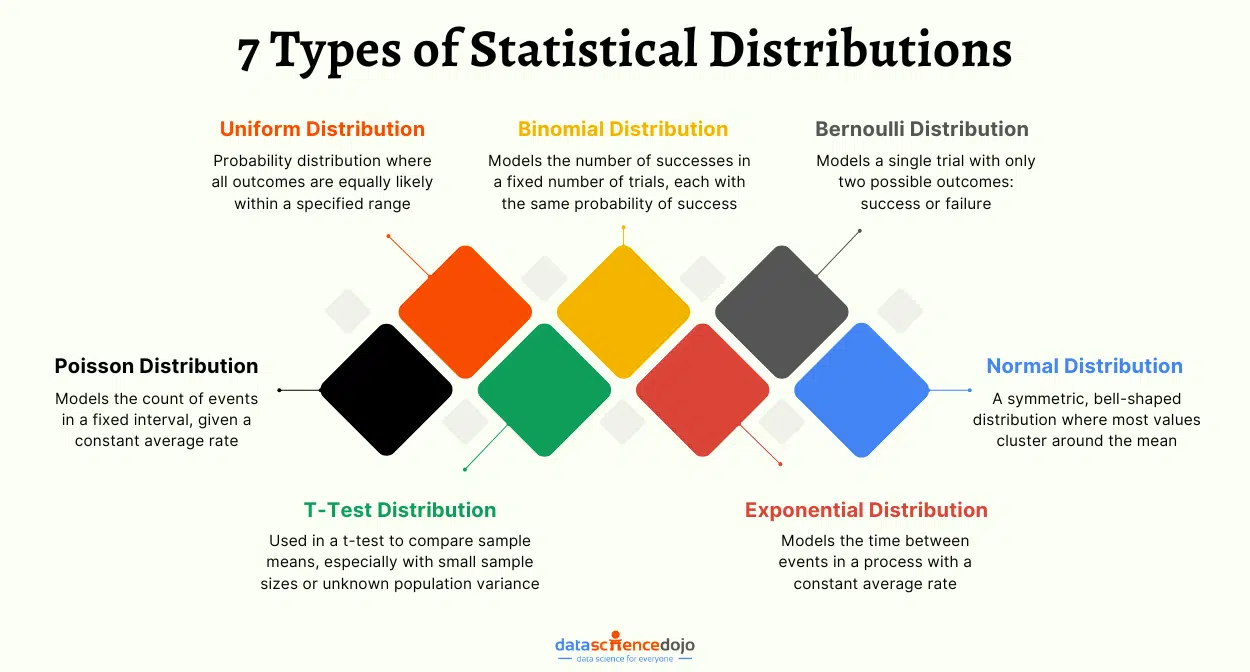
Understanding statistical distributions is crucial in data science and machine learning, as these distributions form the foundation for modeling, analysis, and predictions. The blog highlights 7 key types of distributions such as normal, binomial, and Poisson, explaining their characteristics and practical applications.
Read to gain insights into how each distribution plays a role in real-world machine-learning tasks. It is vital for advancing your data science skills and helping practitioners select the right distributions for specific datasets. By mastering these concepts, professionals can build more accurate models and enhance decision-making in AI and data-driven projects.
Link to blog -> Types of Statistical Distributions with Examples
An All-in-One Guide to Large Language Models
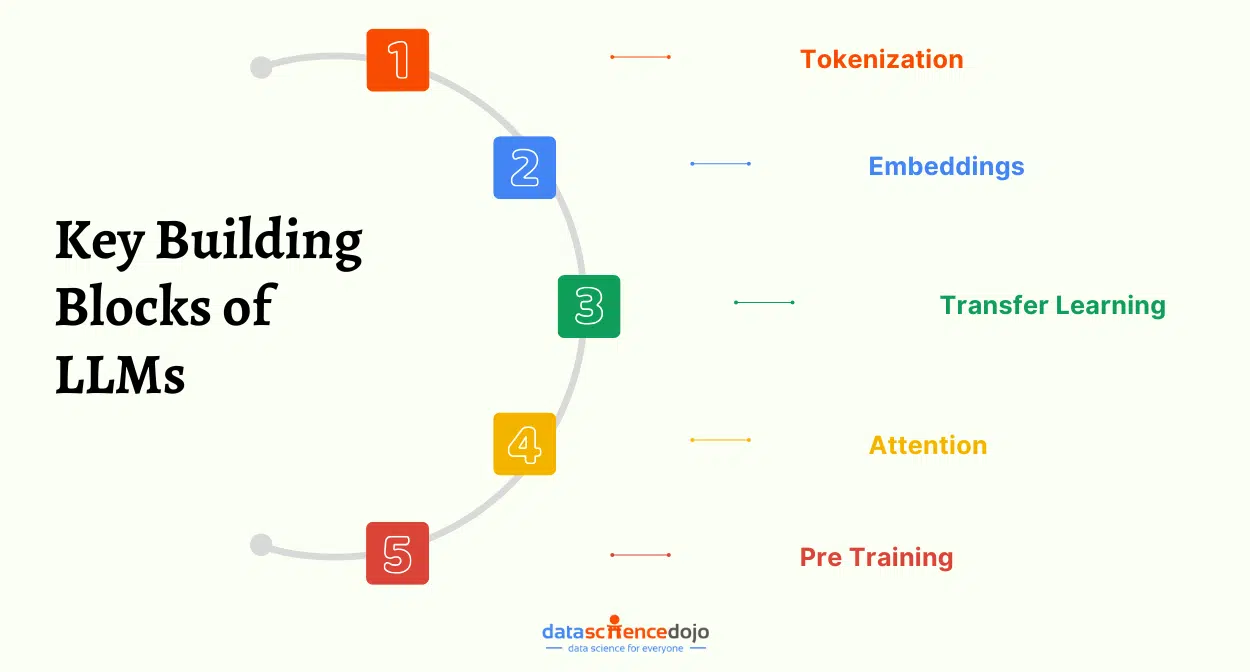
Large language models (LLMs) are playing a key role in technological advancement by enabling machines to understand and generate human-like text. Our comprehensive guide on LLMs covers all the essential aspects of LLMs, giving you a headstart in understanding their role and importance.
From uncovering their architecture and training techniques to their real-world applications, you can read and understand it all. The blog also delves into key advancements, such as transformers and attention mechanisms, which have enhanced model performance.
This guide is invaluable for understanding how LLMs drive innovations across industries, from natural language processing (NLP) to automation. It equips practitioners with the knowledge to harness these tools effectively in cutting-edge AI solutions.
Link to blog -> One-Stop Guide to LLMs
Retrieval Augmented Generation and its Role in LLMs
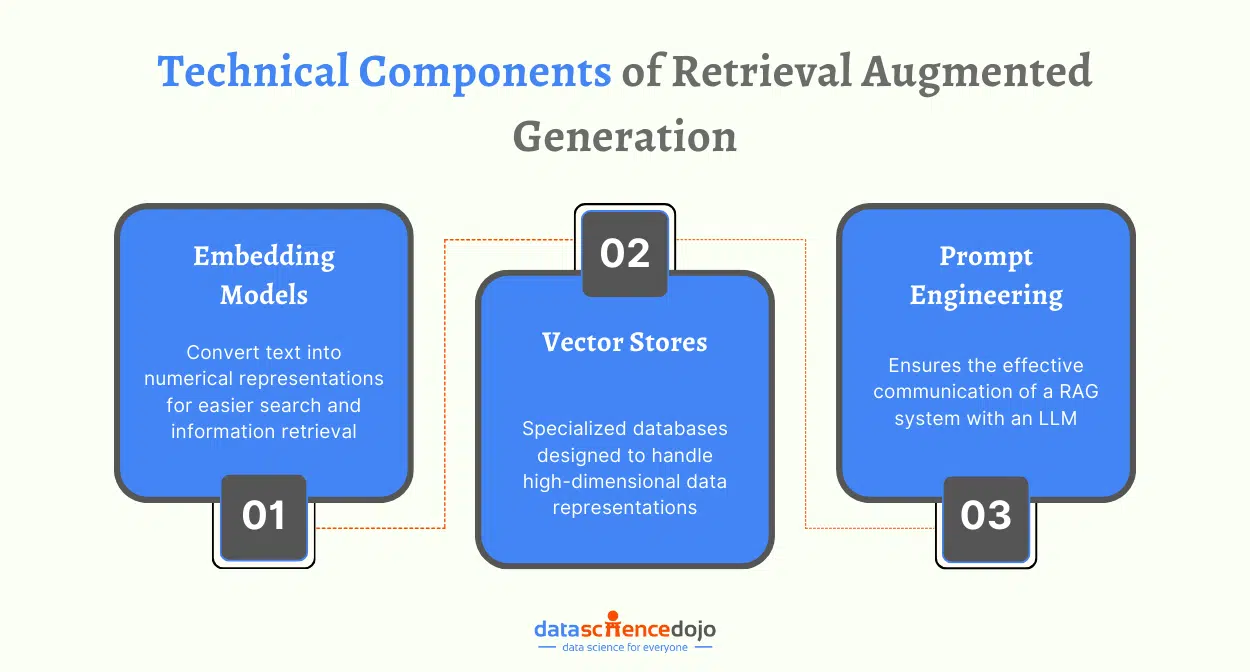
Retrieval Augmented Generation (RAG) combines the power of LLMs with external knowledge retrieval to create more accurate and context-aware outputs. This offers scalable solutions to handle dynamic, real-time data, enabling smarter AI systems with greater flexibility.
The retrieval-based precision in LLM outputs is crucial for modern technological advancements, especially for advancing fields like customer service, research, and more. Through this blog, you get a closer look into how RAG works, its architecture, and its applications, such as solving complex queries and enhancing chatbot capabilities.
Link to blog -> All You Need to Know About RAG
Explore LangChain and its Key Features and Use Cases
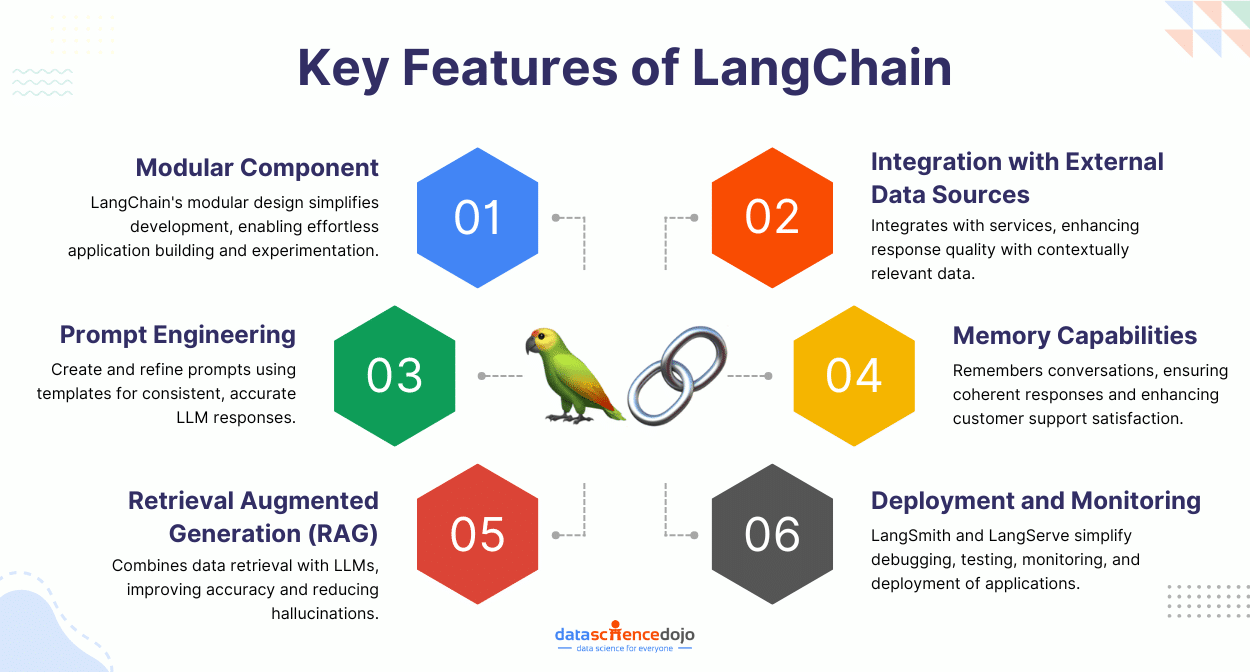
LangChain is a groundbreaking framework designed to simplify the integration of language models with custom data and applications. Hence, in your journey to understand LLMs, understanding LangChain becomes an important point.
It bridges the gap between cutting-edge AI and real-world use cases, accelerating innovation across industries and making AI-powered applications more accessible and impactful.
Read a detailed overview of LangChain’s features, including modular pipelines for data preparation, model customization, and application deployment in our blog. It also provides insights into the role of LangChain in creating advanced AI tools with minimal effort.
Embeddings 101 – The Foundation of Large Language Models
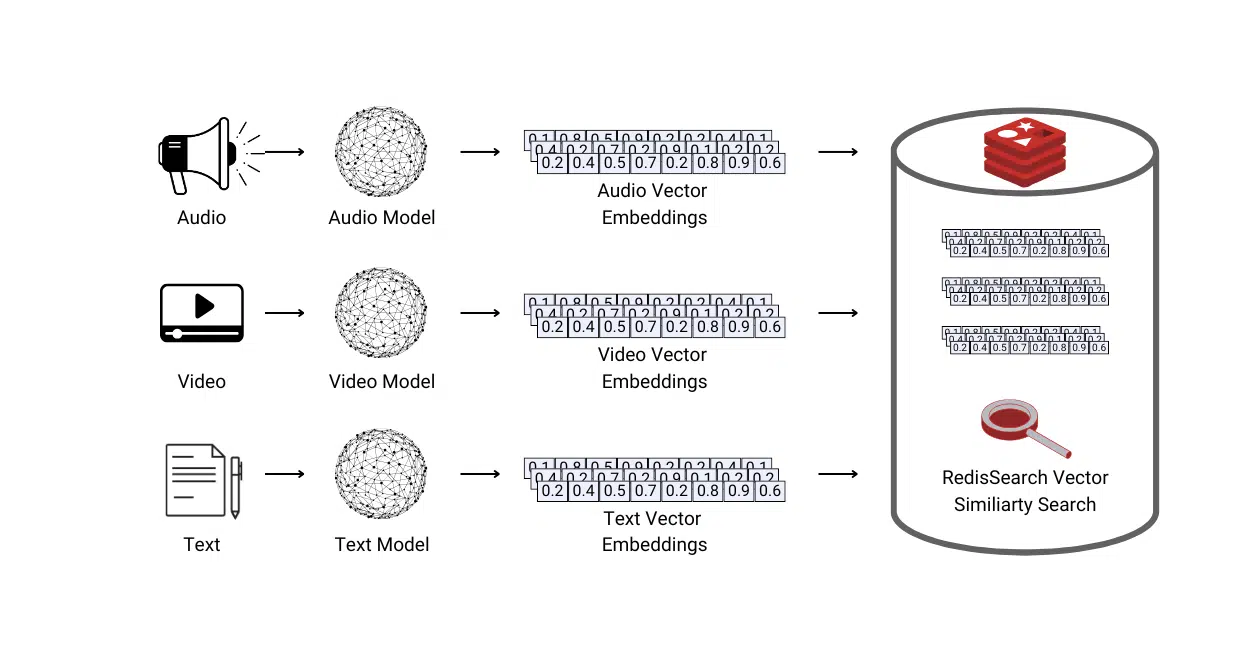
Embeddings are among the key building blocks of large language models (LLMs) that ensure efficient processing of natural language data. Hence, these vector representations are crucial in making AI systems understand human language meaningfully.
The vectors capture the semantic meanings of words or tokens in a high-dimensional space. A language model trains using this information by converting discrete tokens into a format that the neural network can process.
This ensures the advancement of AI in areas like semantic search, recommendation systems, and natural language understanding. By leveraging embeddings, AI applications become more intuitive and capable of handling complex, real-world tasks.
Read this blog to understand how embeddings convert words and concepts into numerical formats, enabling LLMs to process and generate contextually rich content.
Link to blog -> Learn about Embeddings, the basis of LLMs
Vector Databases – Efficient Management of Embeddings
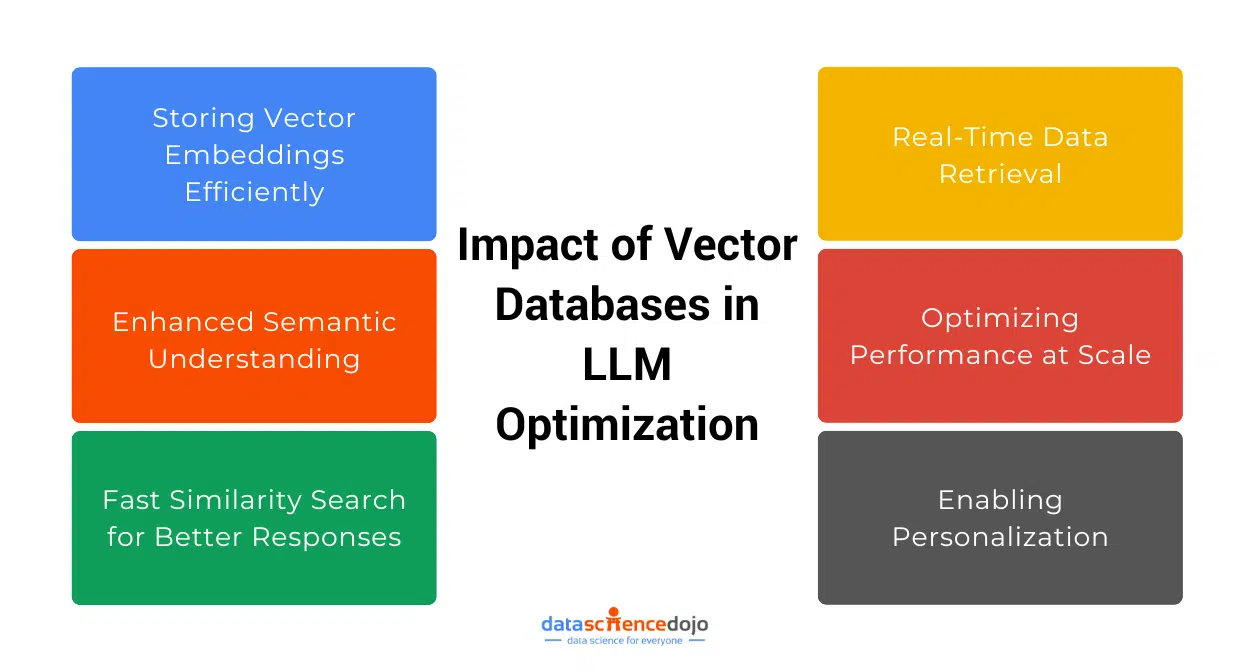
In the world of embeddings, vector databases are useful tools for managing high-dimensional data in an efficient manner. These databases ensure strategic storage and retrieval of embeddings for LLMs, leading to faster, smarter, and more accurate decision-making.
This blog explores the basics of vector databases, also navigating through their optimization techniques to enhance performance in tasks like similarity search and recommendation systems. It also delves into indexing strategies, storage methods, and query improvements.
Link to blog -> Uncover the Impact of Vector Databases
Learn all About Natural Language Processing (NLP)
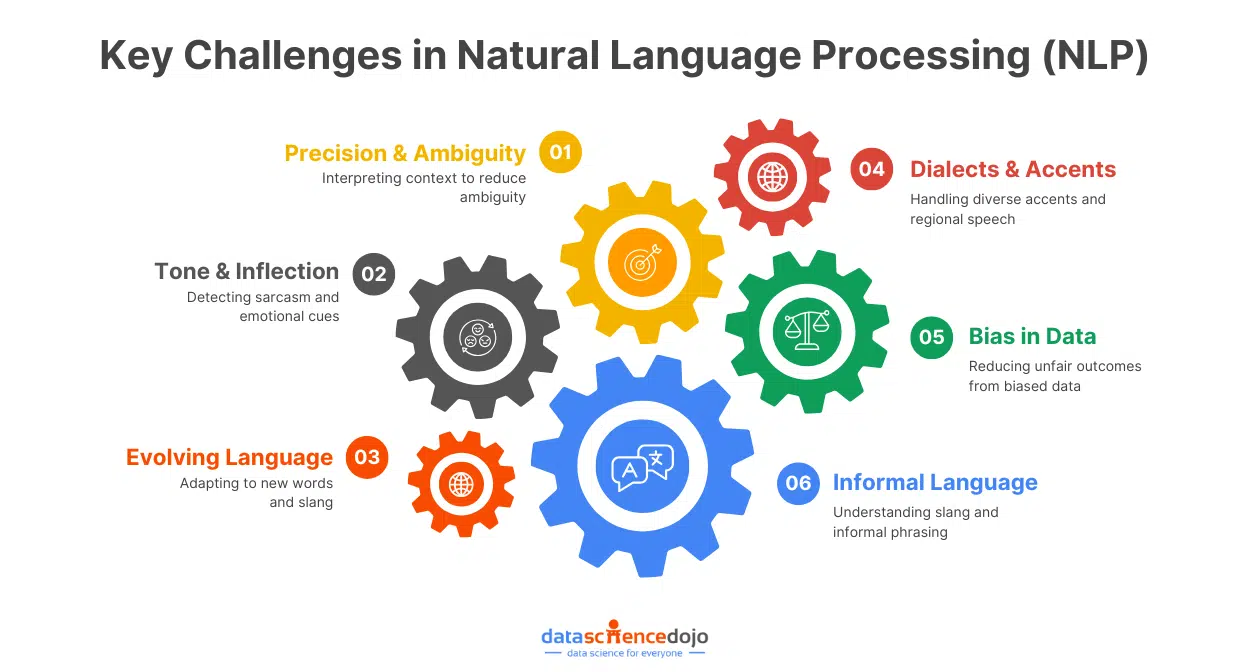
Communication is an essential aspect of human life to deliver information, express emotions, present ideas, and much more. We as humans rely on language to talk to people, but it cannot be used when interacting with a computer system.
This is where natural language processing (NLP) comes in, playing a central role in the world of modern AI. It transforms how machines understand and interact with human language. This innovation is essential in areas like customer support, healthcare, and education.
By unlocking the potential of human-computer communication, NLP drives advancements in AI and enables more intelligent, responsive systems. This blog explores key NLP techniques, tools, and applications, including sentiment analysis, chatbots, machine translation, and more, showcasing their real-world impact.
Link to blog -> NLP Techniques, Tools, Applications, and More
Top 7 Generative AI Courses Offered Online
The groundbreaking advancements in Generative AI, particularly through OpenAI, have revolutionized various industries, compelling businesses and organizations to adapt to this transformative technology. Generative AI offers unparalleled capabilities to unlock valuable insights, automate processes, and generate personalized experiences that drive business growth.
Link to blog -> Generative AI courses
Read More about Data Science, Large Language Models, and AI Blogs
In conclusion, the top 7 blogs of 2023 in the domains of Data Science, AI, and Large Language Models offer a panoramic view of the current landscape in these fields.
These blogs not only provide up-to-date information but also inspire innovation and continuous learning. They serve as essential resources for anyone looking to understand the intricacies of AI and LLMs or to stay abreast of the latest trends and breakthroughs in data science.
By offering a blend of in-depth analysis, expert insights, and practical applications, these blogs have become go-to sources for both professionals and enthusiasts. As the fields of data science and AI continue to expand and influence various aspects of our lives, staying informed through such high-quality content will be key to leveraging the full potential of these transformative technologies




